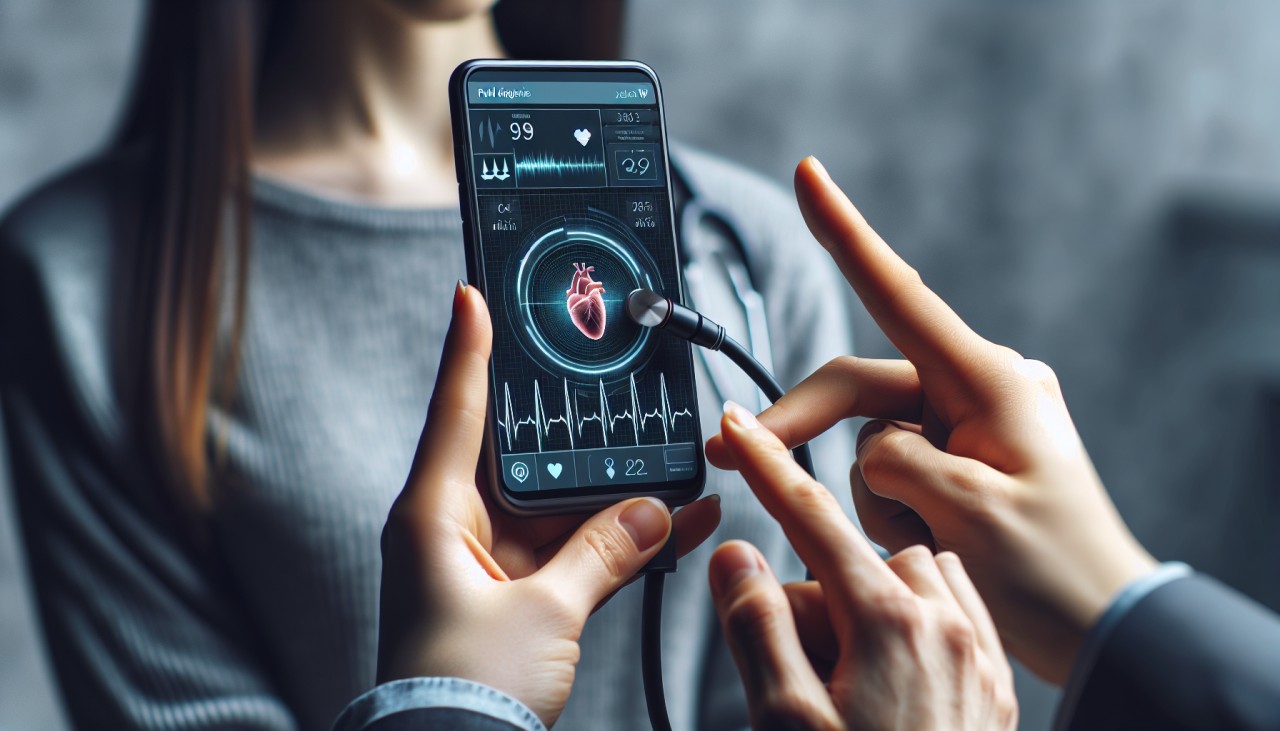Traditional Chinese medicine (TCM) has long relied on pulse diagnosis to assess a patient's health. This method involves feeling the pulse at specific points on the wrist to determine the body's internal state. However, the subjective nature of this practice can lead to variations in interpretation. To address this, researchers have developed digital systems that integrate artificial intelligence (AI) to analyze pulse data. For instance, a study published in the journal Sensors introduced a smartphone-based system combining photoplethysmography (PPG) and galvanic skin response (GSR) sensors to estimate TCM pulse types. This system achieved over 90% accuracy in identifying the wiry pulse, commonly associated with liver-related conditions.
These technological advancements not only enhance the precision of pulse diagnosis but also make it more accessible. A notable example is the "Pulse Recorder" and "Pulse Player" machines showcased at the China International Fair for Trade in Services (CIFTIS). These devices record a patient's pulse signals, convert them into electronic data, and upload them to a cloud server. The data can then be downloaded and transformed into a simulated pulse, allowing for remote diagnosis and education. Such innovations bridge the gap between traditional practices and modern technology, offering patients and practitioners new avenues for health assessment and management.
Key Takeaways
- Digital systems enhance the accuracy of TCM pulse diagnosis.
- AI integration allows for remote pulse assessments.
- Technological advancements make TCM practices more accessible.
- Devices like the "Pulse Recorder" enable long-distance consultations.
- Modern tools bridge the gap between tradition and technology in healthcare.
Example
To incorporate these advancements into your daily health routine, consider using smartphone apps designed for pulse monitoring. These apps often utilize sensors to detect your pulse and provide real-time feedback on your cardiovascular health. Regular use can help you monitor changes over time and share data with healthcare providers during consultations. Additionally, wearable devices like smartwatches equipped with pulse sensors can offer continuous monitoring, alerting you to any irregularities that may require attention. By integrating these tools into your lifestyle, you can take a proactive approach to your health, leveraging technology to complement traditional practices.
